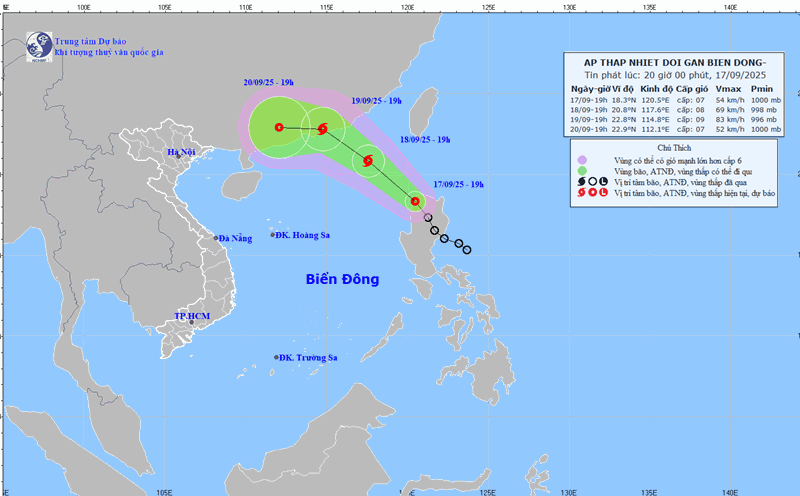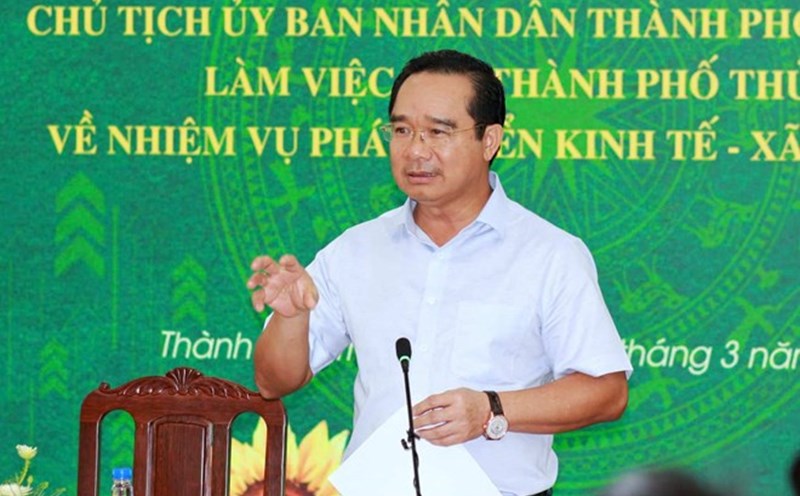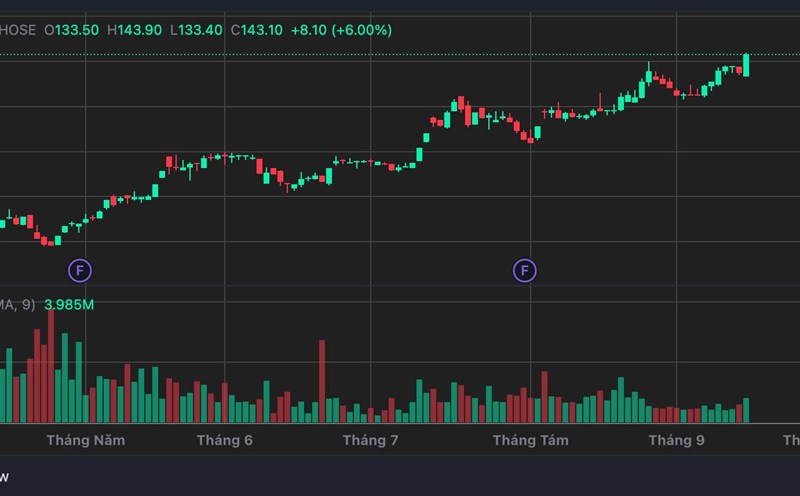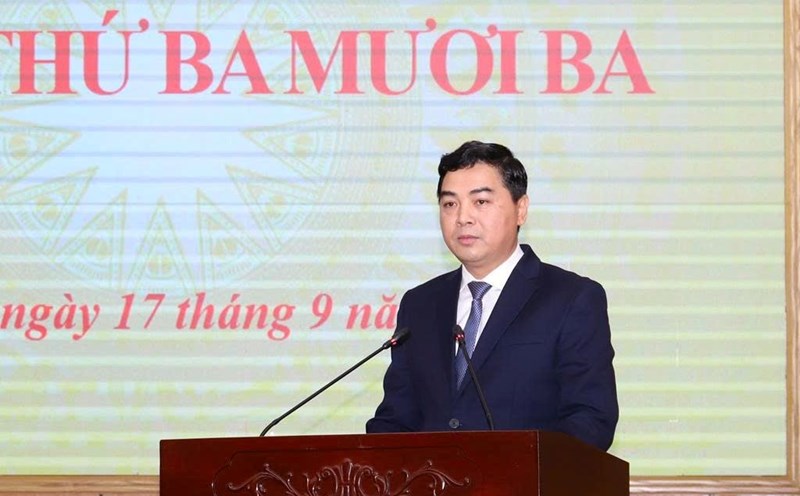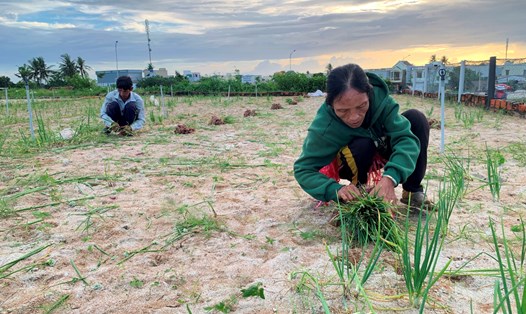On September 17, Mr. Tran Phuoc Hien - Vice Chairman of the People's Committee of Quang Ngai province chaired a meeting to listen to and give opinions on the plan to create a source of fresh water supply for Ly Son special area.
According to the Department of Natural Resources and Environment, the storage and supply of water for daily life and production of people in Ly Son special zone is currently mainly exploited from surface water and groundwater.
Regarding surface water exploitation, since 2012, the province has invested in the construction and exploitation of Thoi Loi Reservoir, with a capacity of over 270,000 m3, which is an important storage, water supply and supplement for groundwater in the special zone.
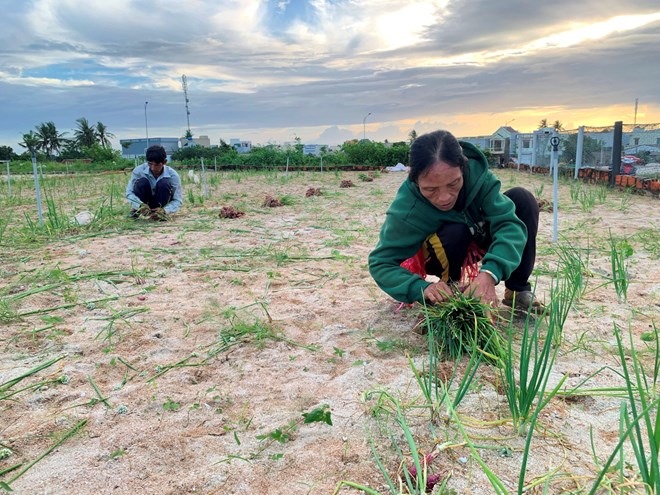
For groundwater exploitation, there is currently a central water supply system for the special zone, groundwater is exploited from wells, supplying water to households in the central area. In addition, there are over 2,100 peach and wells of local people in the special zone. However, the exploitation of groundwater from wells has begun to become saline and seriously degraded groundwater sources, which need to be replaced with surface water sources.
The Department of Natural Resources and Environment has surveyed, researched, and prepared reports to propose solutions to create a stable and long-term water supply source for daily life, tourism, and production for Ly Son specialties. Accordingly, an underground tank will be built according to terrain conditions; a treatment plant, supplying water with a capacity of 1,150 m3/day and night, equivalent to supplying 11,000 people. The total investment cost is about 250 billion VND. Implemented in the 2026-2029 period.
At the meeting, Mr. Tran Phuoc Hien assigned the Department of Agriculture and Rural Development to propose a plan to supply fresh water to Ly Son special zone to meet development requirements both in the short term and in the long term. In particular, it is necessary to pay attention to maximizing the current status of water supply and storage works that have been and are being invested in the special zone; propose technical solutions associated with each stage and the ability of resources to implement the project, including calling for investment capital outside the state budget.

